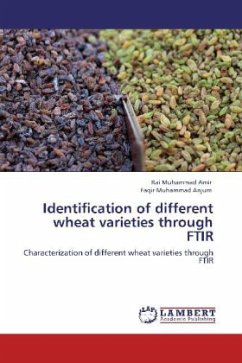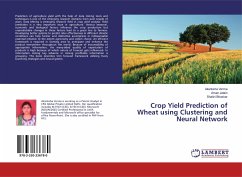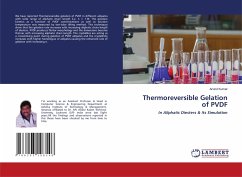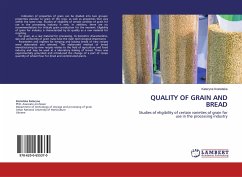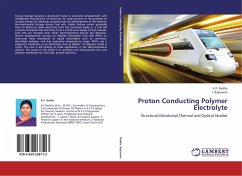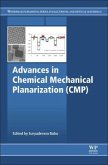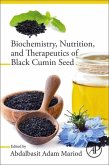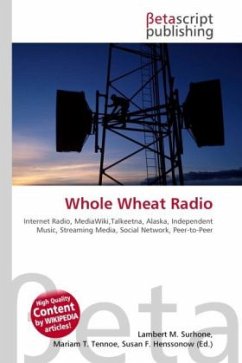Wheat is the most important cereal crop of world population which is the cheapest and principal source of carbohydrates and proteins in our daily diet. It is one of the leading cereal grain produced, consumed and processed in the country. In developing countries like Pakistan wheat is consumed as staple food. Quality characteristics of wheat are determined by different physiochemical and rheological analysis. Mostly AACC methods are used for testing and evaluating the quality of wheat but these methods are expensive, time consuming and cause destruction of samples. Fourier transforms infrared (FTIR) spectroscopy is one of the most important tools used for analyzing wheat for different physical and chemical tests. This method is rapid and sensitive with a great variety of sampling techniques and instrumentation is inexpensive. The infrared absorption spectrum of a compound is probably its unique physical property and samples can be evaluated on its basis. The aim of the recent study is to identify different wheat varieties for different quality parameters through FTIR and their advantages over standard methods.

